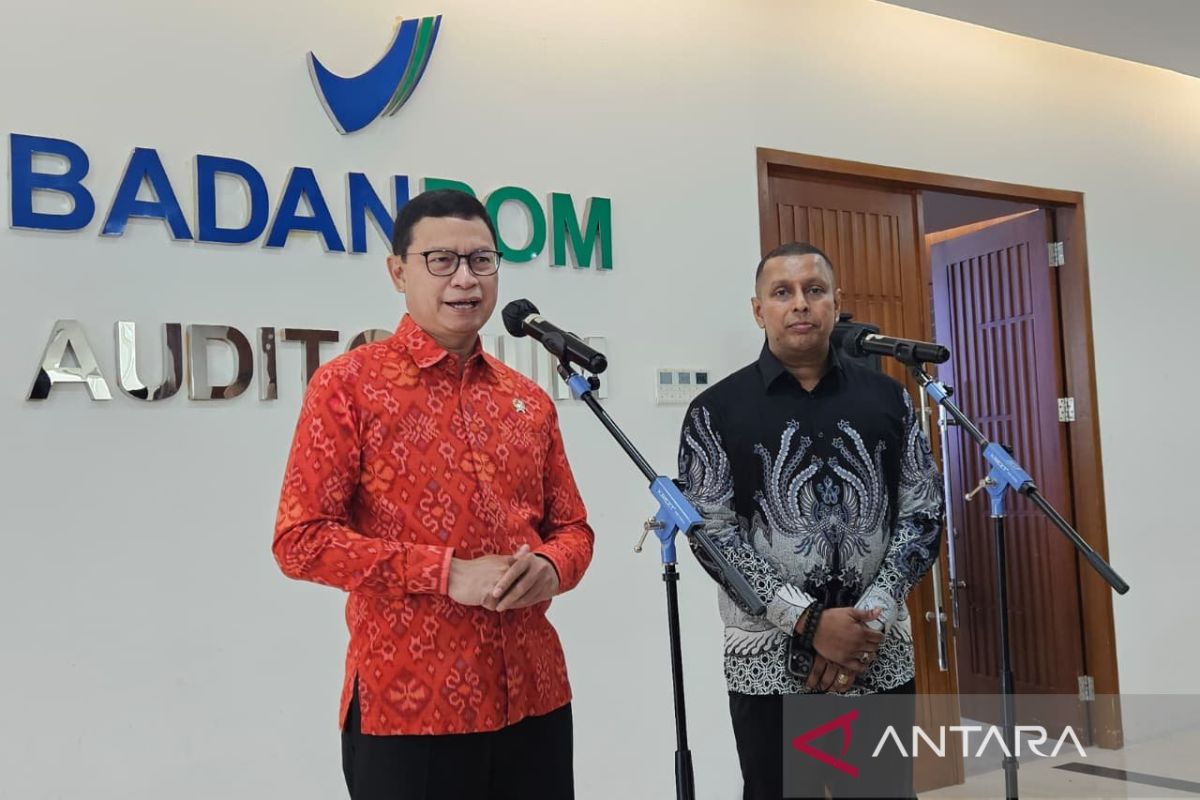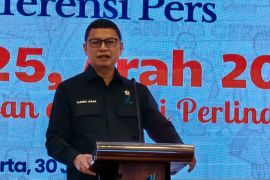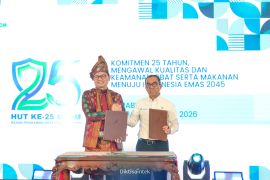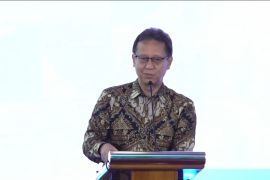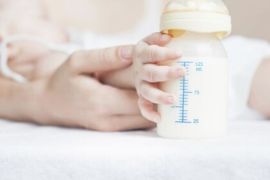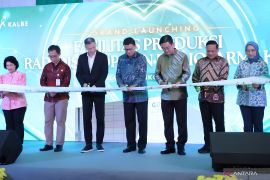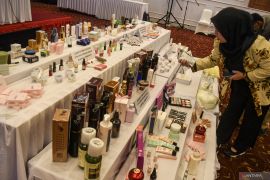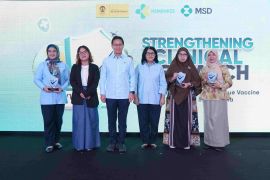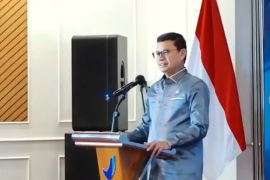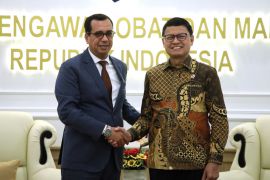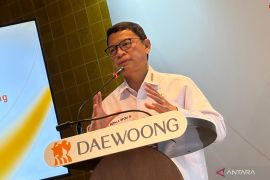Head of BPOM Taruna Ikrar stated that the workshop is aimed at improving staff's skills, particularly the investigators, so they can better identify and address the violations. He stressed the urgency of the initiative, given the many products, either legal or illegal, entering Indonesia through its borders.
Moreover, he cited WHO, saying that it is estimated that one in 10 medical products in developing countries or low-income countries are substandard or falsified. Hence, 10 percent of 286 million Indonesians are at risk of consuming unsafe medications, Ikrar stressed.
He explained that generally, there are three kinds of violations perpetrated in the pharmaceutical and cosmetic sectors, including falsified products, substandard products such as ones containing dangerous materials like mercury, and products without distribution permits.
"Not only do all of these products impact the Indonesian population, but they will impact people globally. Because some of them we export, and some also from outside the country we import," he noted.
As the fourth most populous country and a member of the G20, Indonesia has political, economic, and security significance, he said. With countries needing each other, globalization inherently takes place, including in terms of market and trade, which can take place in cyberspace.
In 2024, BPOM and the Communication and Digital Affairs Ministry took down some 309 thousand links of pharmaceutical and cosmetic products deemed as substandard. So far, in 2025, BPOM identified some 200 thousand e-commerce links found selling illegal foods, beverages, and cosmetics.
"Usually we know that products like that, because they are seeking for profit, there must be a syndicate behind it. The syndicate could be domestic, but could also be backed by an international syndicate," he said.
In the workshop, there were some speakers including from BPOM, global pharmaceutical companies, Interpol, as well as some e-commerce platforms like Shopee Singapore, and Halodoc Indonesia.
Related news: BPOM starts at upstream level to prevent prohibited material use
Related news: Indonesia's Barantin and BPOM team up to boost national food safety
Reporter: Mecca Yumna Ning Prisie
Editor: Arie Novarina
Copyright © ANTARA 2025
